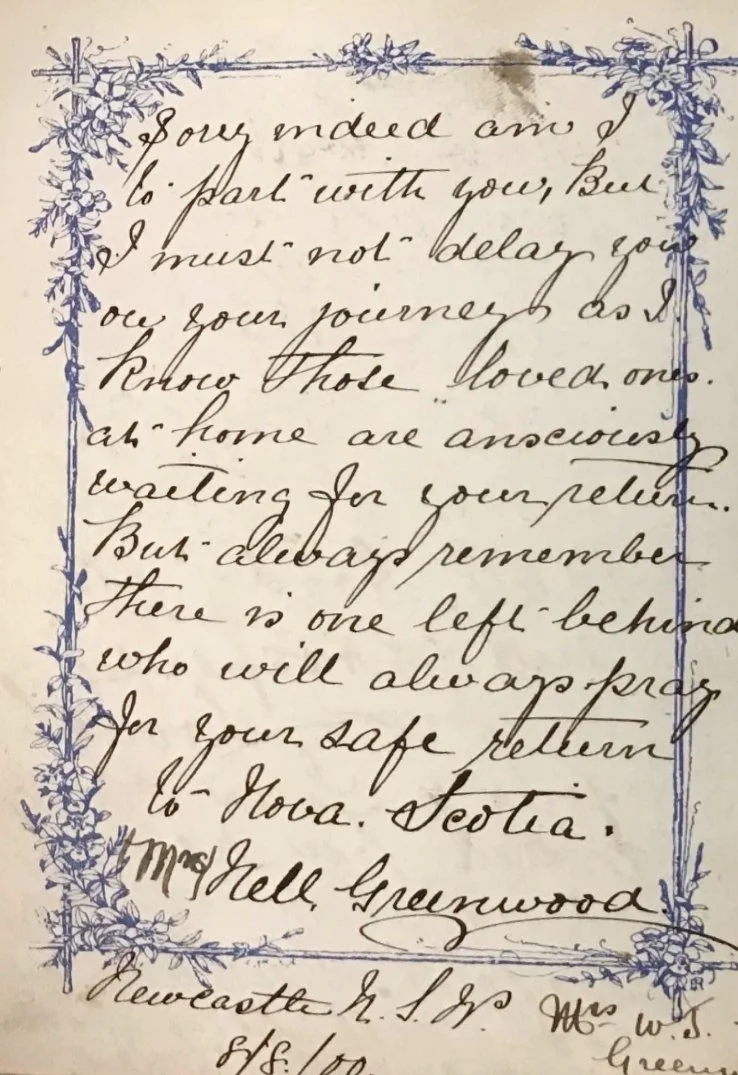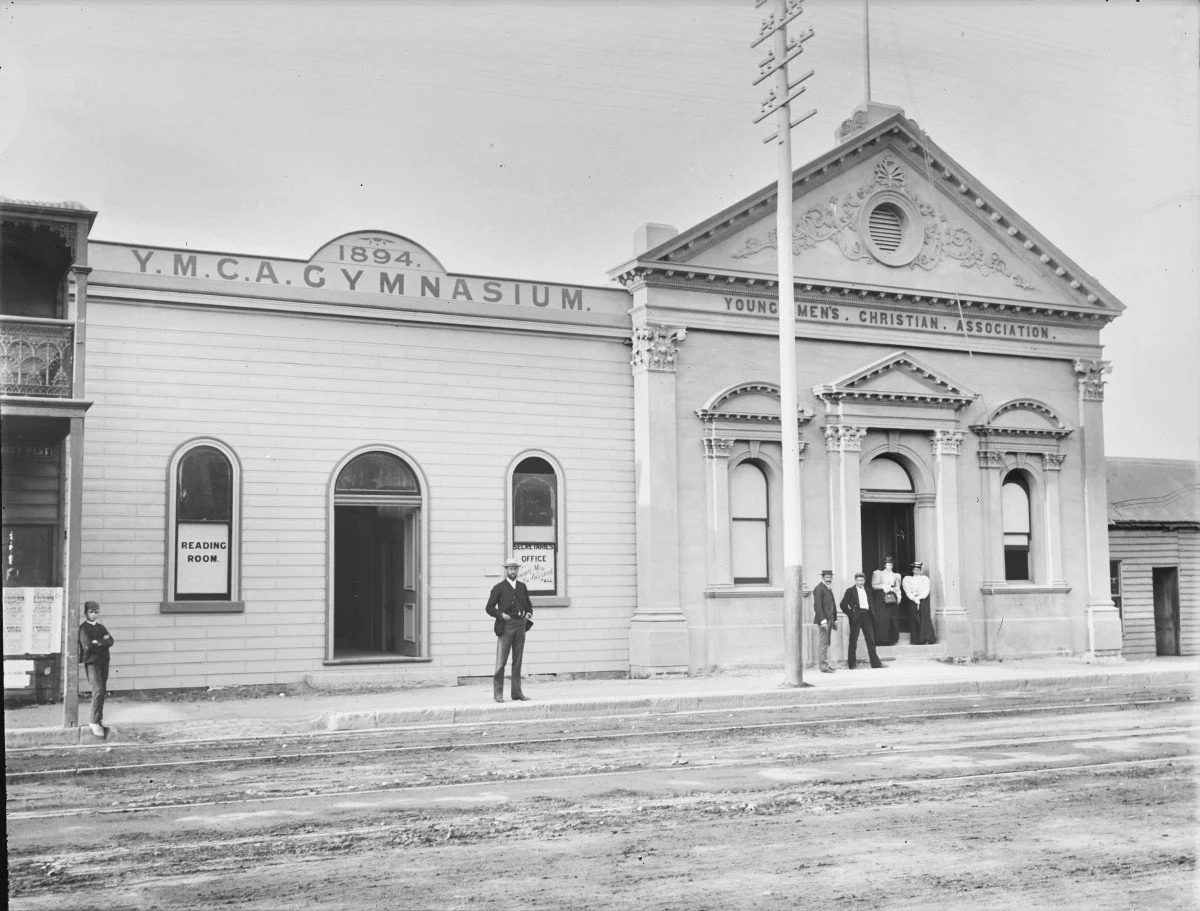While the cyclone calmed just long enough to catch my flight from Australia to Bali, I soon enjoyed a quiet breakfast overlooking rice paddies (see photos of Bali).
Karl was not so fortunate.
He had intentionally made his way to Townsville, a key port city, hoping to secure passage to China. As the Truro Daily News noted, he could have headed home via London and Halifax, but instead, Karl was determined to travel onward, aiming for a passage on the S.S. Airlie bound for China.
But timing, as ever, is everything.
The Boxer Rebellion* was in full force, a violent anti-foreign, anti-Christian uprising in China, led by a secret society Westerners dubbed “Boxers” for their martial prowess. At the time Karl was searching for a ship, the Rockhampton Bulletin reported:
“The situation in Peking is far more serious than foreigners generally suppose... The Dowager Empress and all her favourites are supporting the Boxers, as they believe their assistance will be of great value when the movement begins.”
Australia had responded by dispatching naval forces from South Australia, New South Wales, and Victoria to support British efforts. Shipping routes were jammed with military logistics, leaving no room for a lone cyclist simply travelling to see the world.
So Karl was stuck, but undeterred, he turned back.
He retraced his journey south to Brisbane, hoping for better luck. The local paper noted:
“It came quite a surprise yesterday afternoon when Carl Creelman, the gentlemanly young Nova Scotian who is cycling around the world, came into the office, because it was thought that by this time Carl would have been well on his way to the land of the big smash—China.”
Still determined, Karl arranged a lecture for August 1st at the Brisbane Bicycle Club. According to the Brisbane Courier, he described his cross-country ride and dryly remarked:
“The roads were not too good.”
He hoped Brisbane would be the place to get a passage. It wasn’t.
After ten fruitless days, Karl gave up and managed to get work on a cargo ship en route to Sydney, which was three days’ worth of labour, but he fell ill for two of them. He earned two shillings, paid one to the shipmaster for discharge papers, and was left with a single shilling and a notation in his discharge book: “O.S.” (Ordinary Seaman).
He boarded another ship from Sydney for Newcastle, which arrived in late August. He wrote, “There were 95 deep-sea ships, most of which were loading for ports out of my path.” He still hoped for China or Japan, but commented, "it was looking increasingly likely he’d again ship out on a coal-laden windjammer — before the mast.”
In the meantime, Karl lectured again, this time at the YMCA Hall in Newcastle on August 23rd. The evening included Karl’s tales of hardship and humour, an ambitious entertainment lineup: violin solos, phonograph concerts, and even a serio-comic song titled “You Show Me Your Slate.”
Among the small but appreciative crowd was a mix of locals, musicians, and cycling enthusiasts. Around the same time, Archdeacon James Kaulbach of Nova Scotia, who had waved Karl off at the Truro train station 18 months earlier, also visited Newcastle. He invited Karl to spend a day with him, reminiscing about home and sharing news of Karl’s sister, Mattie, who had recently passed her scholastic examinations — a welcome update for a frustrated traveller.
And finally, on September 9th, 1900, after nearly two months of blocked ports, public lectures, illness, and rewinding his route, Karl secured passage out of Australia. His next destination: India.
*The Boxer Rebellion ended in 1901 when an international coalition of foreign powers defeated the Boxers and forced the Qing government to sign the Boxer Protocol, which imposed severe penalties and concessions. This defeat further weakened the Qing dynasty, accelerating its decline and contributing to the eventual fall of imperial rule in China.
A photo of the YMCA circa 1894 where Karl would have given his lecture.
If you've enjoyed following Karl's journey, please consider sharing this post with others. I've been researching and telling his story since 2016 — it's a labour of love, and every share helps keep this piece of Canadian history alive.
Then get caught up on the rest of our journey, click here for more Karl Chronicles


